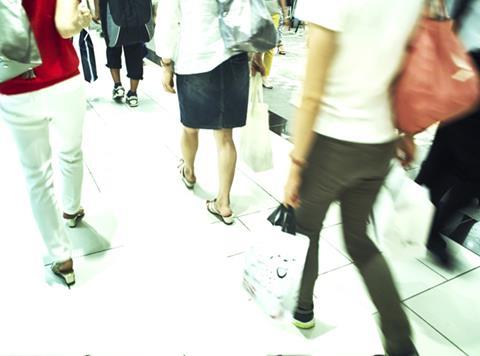
Top story
UK retail footfall remains significantly down in pre-pandemic levels despite the relaxation of government Covid restrictions, albeit August saw some tentative signs of recovery.
According to BRC-Sensormatic IQ data total UK Footfall decreased by 18% in August compared to the same month in 2019.
However, this represented a 10 percentage point increase from July and is above the three-month average decline of 24.6%.
Footfall on High Streets declined by 24.8% in August (compared to 2019), 9.8 percentage points above last month’s rate and above the 3-month average decline of 31%.
Retail Parks saw footfall decrease by 1.6%, 13.4 percentage points above last month’s rate and above the 3-month average decline of 10%.
Shopping Centre footfall declined by 32.9%, 5.5 percentage points above last month’s rate and above the 3-month average decline of 36.6%.
BRC CEO Helen Dickinson commented: “Following months of little improvement, August footfall was a tentative step in the right direction. There were minor improvements with the return of some workers to the office and domestic tourism through August, however overall footfall remained significantly down compared to the pre-pandemic peak.
“For our local communities to thrive, Government must deliver on the commitment it made in the business rates review to reduce the overall burden of the tax, which is hindering retailers’ ability to invest and create jobs and is leading to store closures across the country. It is vital the government delivers on this commitment when it publishes the conclusion of its review over the coming months.”
Andy Sumpter, retail consultant EMEA for Sensormatic Solutions, added: “Bolstered by staycationer shopper traffic and the Back To School boost, August saw footfall recovering to its highest point compared to pre-pandemic levels so far this year.
“Sustaining this recovery into the Autumn - and as retailers head towards the critical Golden Quarter of peak trading - is no longer just reliant on maintaining consumer confidence. Getting stock on shelves has always been a given retail imperative. But amidst the ongoing disruption to stock availability, exacerbated by both Brexit and covid-19, shoring up supply chains to meet elevated levels of demand, and offering alternative delivery formats like click and collect to ease the burden on the digital fulfilment network, will become even more mission critical if recovery is set to continue.”
Morning update
On the markets this morning the FTSE 100 is up another 0.2% to 7,174.5pts.
Early risers include McBride, up 4.4% to 80.2p, Imperial Brands, up 1.1% to 1,562.4p and Premier Foods, up 1% to 121.4p.
Fallers include McColl’s Retail Group, down 2% to 20p, Ocado, down 1.9% to 2,050p and Marks & Spencer, down 1.4% to 180.2p.
Yesterday in the City
The FTSE 100 closed at a two-week high of 7,163.9pts yesterday after rising a further 0.2%.
Coca-Cola Europacific Partners was up 3.8% to $60.25 yesterday after reporting a surge in second quarter sales as out of home sales in key markets recovered due to the relaxation of Covid measures.
Other risers included THG, up 3% to 656.5p, FeverTree, up 2.7% to 2,298p, Nichols, up 2% to 1,375p, Deliveroo, up 1.8% to 366.3p, Hotel Chocolat, up 1.3% to 380p and DS Smith, up 0.8% to 448.7p.
The day’s fallers included B&M European Value Retail, down 2.7% to 540p, McBride, down 2.5% to 76.8p, Parsley Box, down 2.4% to 123.5p, Unilever, down 2.1% to 3,961p, Wynnstay, down 1.9% to 525p, Associated British Foods, down 1.8% to 1,964.5p and Greggs, down 1.1% to 3,084p.







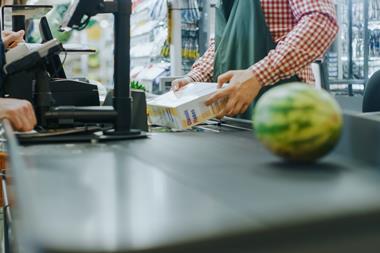
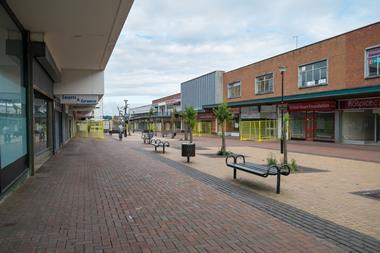
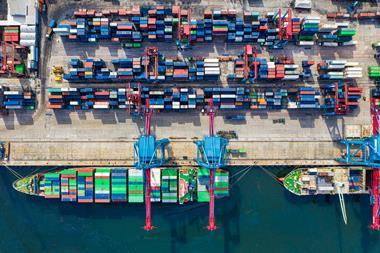
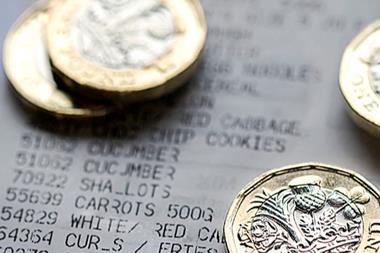
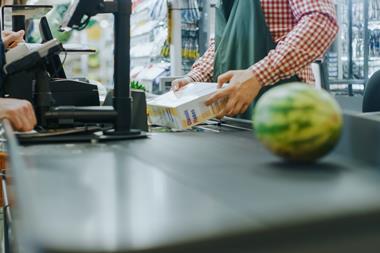
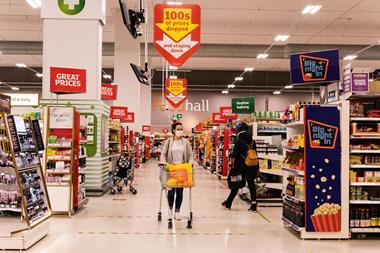
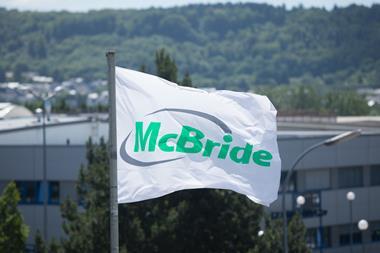
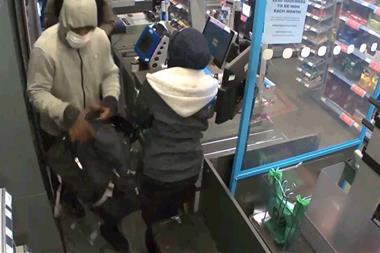
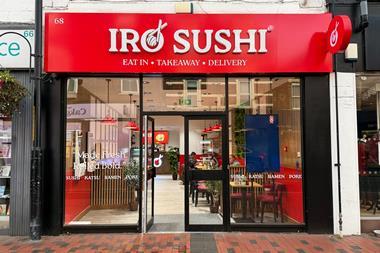


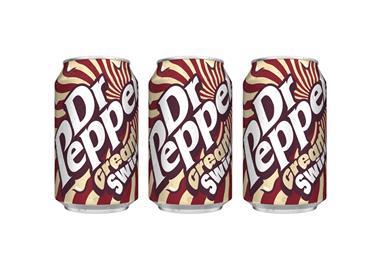
No comments yet